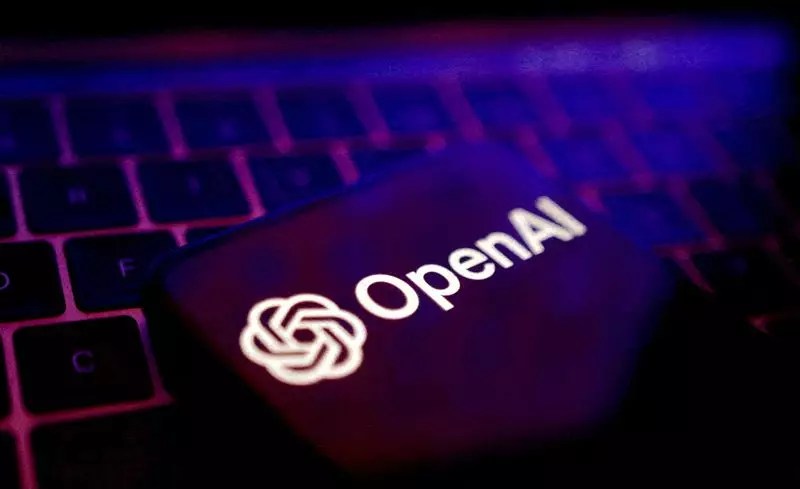OpenAI, the leading entity in artificial intelligence development, is poised to undergo significant corporate restructuring as it prepares for a noteworthy $6.5 billion funding round. The company, initially established as a non-profit with humanitarian goals, is now faced with the complex reality of transforming into a profit-oriented venture. This shift raises important questions about its mission, investor interests, and future direction. As OpenAI embarks on this journey, understanding the implications of its decisions is critical for both potential investors and the AI landscape.
The upcoming financing round is anticipated to involve convertible notes, a financial instrument that allows investors to convert their debt into equity at a later stage, potentially at a considerable valuation. The proposed valuation of $150 billion hinges on OpenAI’s ability to lift the profit cap currently in place for its early investors. The existing structure allows returns up to 100 times the initial investment, with any surplus routed to a non-profit entity focused on maintaining ethical AI development. As OpenAI considers removing this cap, it reflects a broader shift in priorities, focusing on maximizing immediate financial appeal over long-term ethical commitments.
The dynamics of investor engagement are shifting as current stakeholders and newcomers alike prepare to weigh in on this pivotal funding round. Established backers, such as Thrive Capital and Khosla Ventures, alongside tech giants like Microsoft, are expected to actively participate, reaffirming their commitment to OpenAI’s vision. In addition, the entry of new investors, including Nvidia and Apple, signals a strong potential for collaborative innovation within the tech sector. This variety in investment participation reflects a robust market interest in AI technologies, yet also intensifies the competition for capital that could dictate the future landscape of AI development.
The Weight of Corporate Governance
The proposed changes will necessitate significant governance discussions, particularly regarding the profit cap’s removal. OpenAI’s board, comprising figures such as CEO Sam Altman and other influential players within the tech world, faces a daunting task in reconciling investor demands with the company’s foundational mission. Should the cap be lifted, the ramifications on governance could be profound, potentially alienating the organization from its original principles. Critics may argue that such a shift undermines OpenAI’s commitment to developing AI responsibly and ethically, leading to doubts about its alignment with broader humanitarian objectives.
Strategic Impact on OpenAI’s Mission
The essence of OpenAI’s founding principle was the intention to create AI that benefits humanity. The transformation into a profit-centric entity could diverge the organization from its mission, complicating its narrative as a socially responsible innovator. Furthermore, the competitive pressures of the AI industry, where rapid advancements often overshadow ethical considerations, could lead to a diminished focus on safety and sustainability. OpenAI must navigate these challenges astutely, balancing profitability with an unwavering commitment to ethical AI.
Looking Ahead: The Future of OpenAI and AGI Development
As OpenAI maneuvers through the complexities of financial expansion and corporate restructuring, the outcome of these endeavors will reverberate throughout the tech ecosystem. The stakes are high: not only does it represent the potential for vast financial upside for investors but also sets the course for the future development of artificial general intelligence. If successful, these shifts could position OpenAI at the forefront of the AI revolution; however, the risks entailed in compromising ethical considerations could overshadow financial gains.
Ultimately, the path that OpenAI chooses will not only redefine its corporate identity but also shape the narrative around AI development for generations to come. The pursuit of AGI is a complex endeavor, and the decisions made during this crucial juncture will determine not only the future viability of OpenAI but also the broader implications for the tech industry and society at large.


Leave a Reply